Driving under the influence cases in New Jersey hinge on various types of evidence as well as the conduct of the arresting officer during the stop. How law enforcement handles a DUI stop can significantly influence the outcome of the case.
In fact, an officer’s conduct can potentially affect the defendant’s legal standing and the admissibility of evidence.
Observations and documentation
The arresting officer’s initial observations play an important role in building the case. If the officer fails to document the suspect’s behavior accurately, it may undermine the credibility of the prosecution. Inaccurate or poorly documented observations are easier to contest in court, potentially leading to doubts about the validity of the DUI charge.
Administration of field sobriety tests
New Jersey has about 245.3 DUI arrests per 100,000 drivers. Officers in the state may use field sobriety tests to assess a driver’s level of impairment. If officers do not conduct these tests using certain procedures, the results may be questionable. Failure to adequately demonstrate the proper administration of these tests can compromise their validity in court.
Miranda rights and statements
Officers must adhere to proper protocols when informing suspects of their Miranda rights. Failure to do so may result in the exclusion of any statements the defendant makes during or after the arrest. Ensuring that suspects are aware of their rights protects the integrity of the legal process and upholds the principles of due process.
Breath test procedures
The accuracy of breath tests is contingent on strict adherence to testing procedures. Any deviation from these protocols, whether in the calibration of equipment or the administration of the test, can lead to challenges in court about the reliability of the results.
Professionalism and conduct
The overall conduct of the arresting officer contributes to the perception of the case. Professionalism and adherence to legal standards are necessary. Any lapses in conduct, such as unlawful searches or undue aggression, may result in the exclusion of evidence and raise questions about the officer’s credibility.
Following proper procedures ensures a fair and just legal process, maintaining the balance between law enforcement and individual rights.

